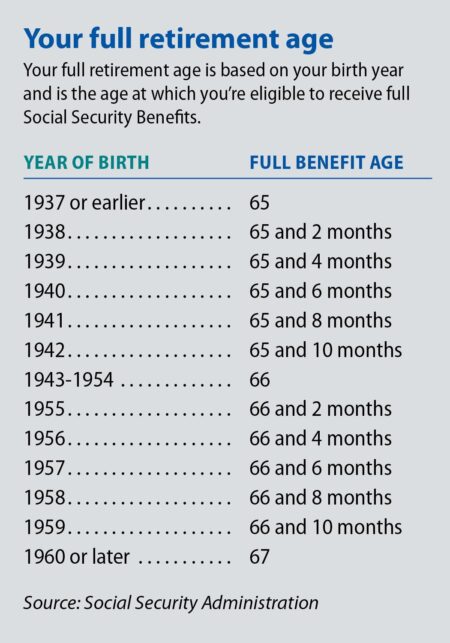A decade after swapping Texas for Spain, a former U.S. resident reflects on the things they’re truly grateful to have left behind. From relentless hustle to overwhelming cultural pressures, they reveal seven surprising reasons why life in America often felt exhausting
Browsing: work-life balance
A U.S. teacher escapes burnout by relocating to rural Japan, where the cost of living is incredibly low. Living comfortably on just $1,700 a month, they find not only affordability but also a renewed passion for teaching
Germany warmly welcomes students and workers alike with free university education and generous paid vacations, making it an irresistible destination for those chasing both opportunity and a balanced lifestyle. These benefits highlight the country’s strong commitment to promoting a healthy work-life balance and making education accessible to all
Relocating from Chicago to Spain, an entrepreneur shares the ups and downs of tackling a more challenging business environment. Despite the hurdles, they’re enjoying fewer work hours and embracing a richer, more rewarding lifestyle
After leaving a tech career behind, one professional made a daring move to Spain, bravely facing the challenges of solitude in an unfamiliar land. Though the path was difficult, it ignited deep personal growth, proving that stepping outside your comfort zone can lead to life-changing transformation
Victorians may soon embrace the freedom to work from home two days a week, thanks to pioneering Australian legislation. Aimed at boosting work-life balance and flexibility, these new laws promise to set a national standard, reports The Guardian
An American tech worker took a bold step by relocating his family to France, chasing a more relaxed lifestyle and a healthier work-life balance. This move reflects a growing trend among professionals who are prioritizing quality of life over bigger paychecks, CNBC reports
As living costs soar and economic landscapes shift, the average retirement age in America is on the rise. A growing number of workers are expressing concerns over financial insecurity and insufficient savings, compelling them to stay in the workforce longer than their predecessors.
In Japan, a captivating trend known as “quiet quitting” is sweeping through the ranks of young workers, igniting lively discussions about its impact on workplace culture. As these employees increasingly prioritize their work-life balance, experts are left pondering: will this shift usher in essential reforms or merely reflect a growing sense of disengagement?
After graduating, I traded the frenetic American lifestyle for the laid-back charm of Spain. This transition from a relentless hustle to a more leisurely rhythm has not only boosted my well-being but also transformed my outlook on work-life balance.
Citi has made the surprising decision to shut down its office on the stunning Spanish coast, a location that was launched just three years ago with the aim of boosting employee work-life balance. This unexpected move sparks a conversation about the true effectiveness of remote work strategies as companies continue to navigate evolving corporate policies.
In a notable shift within China’s corporate landscape, some companies are encouraging employees to adopt a reduced work schedule. This move reflects a growing recognition of work-life balance, amidst rising concerns over burnout and workforce retention.
A recent study reveals that Australian men are still not contributing more to housework compared to 20 years ago, performing 50% less than women. This enduring inequality highlights ongoing challenges in achieving gender parity in domestic responsibilities.
After a year in Japan, the allure of a more lucrative American career drew me back home. However, the quality of life in Japan—from its culture to community—offers a compelling contrast that leaves me pondering what success truly means.













